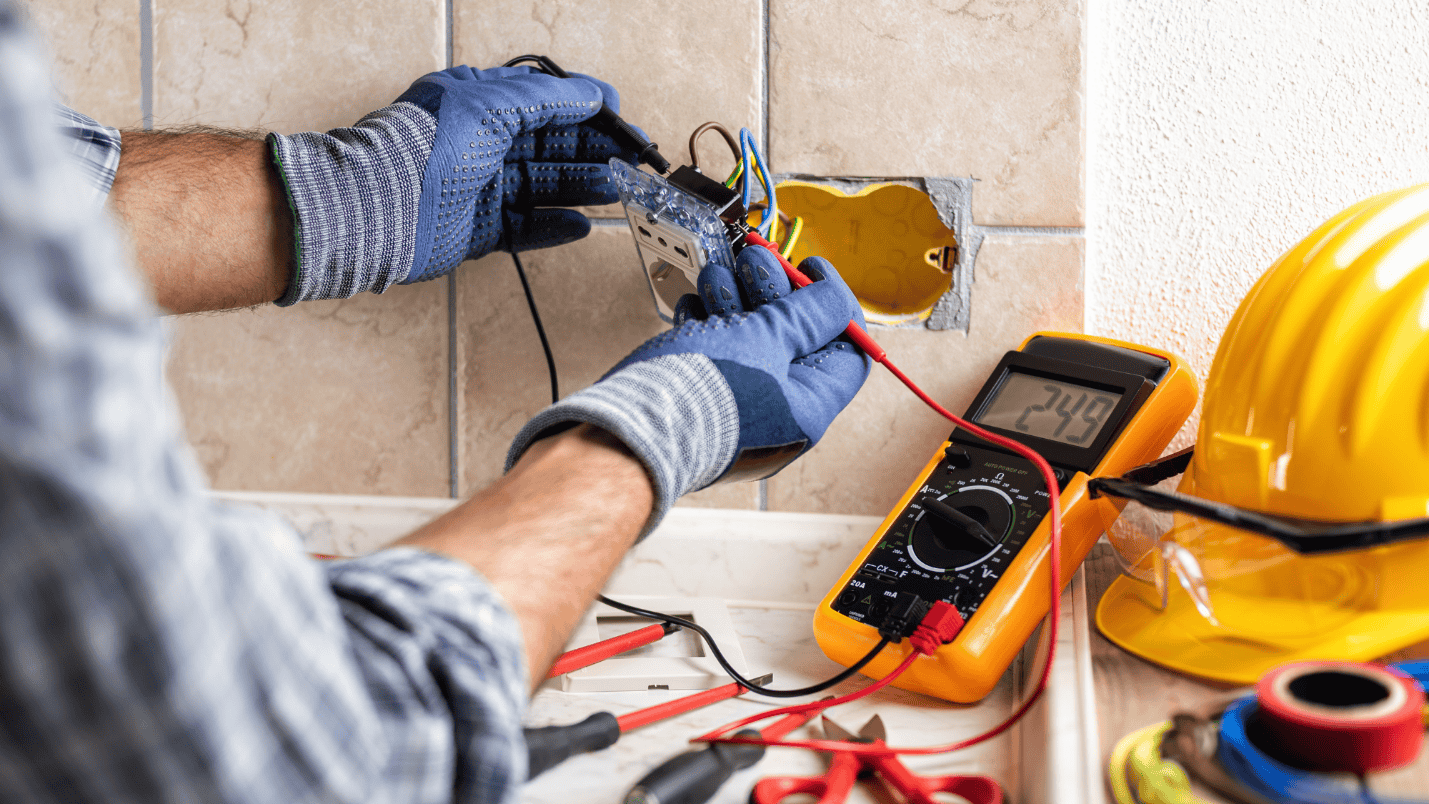What Safety Standards Do Commercial Electrical Contractors Follow?

Electrical work comes with a known set of risks, improper procedures for electrical installations or repairs can have serious consequences. Because of this, safety is paramount for professional electricians and especially for commercial electrical contractors in Sonoma County. Adhering to strict safety standards ensures not only the protection of workers but also the integrity of the infrastructure they work on. In this blog, we’ll explore the key safety standards that commercial electrical contractors must follow to maintain a safe working environment.
Understanding Safety Standards
Electrical work involves inherent risks, such as electric shock, arc flashes, and fire hazards. Therefore, rigorous safety protocols are essential. The primary standards governing electrical safety come from various authoritative bodies, including the Occupational Safety and Health Administration (OSHA) and the National Electrical Code (NEC). These organizations help to ensure reliable commercial electricians stay safe and prevent endangering anyone else.
OSHA Regulations
OSHA is a key regulatory body that provides comprehensive guidelines to ensure workplace safety. For commercial electrical contractors in Sonoma County, OSHA regulations are critical.
Some key OSHA standards include:
Training and Certification
All electrical workers must be adequately trained and certified. This includes understanding the specific hazards associated with electrical tasks and knowing how to mitigate these risks to avoid an electrical emergency in the workplace.
Personal Protective Equipment (PPE)
OSHA mandates the use of appropriate PPE such as insulated gloves, flame-resistant clothing, and face shields to protect workers from electrical hazards.
Lockout/Tagout Procedures
These procedures ensure that electrical systems are properly shut down and cannot be accidentally re-energized during maintenance or repair work. This prevents accidental electrocution and injuries.
Safety Signage and Labels
Proper labeling of electrical panels, circuits, and equipment is required to warn workers of potential hazards. Ensuring proper labeling is an important part of electrical inspections for building safety.
National Electrical Code (NEC)
The NEC, also known as NFPA 70, is a widely adopted standard for the safe installation of electrical wiring and equipment. It addresses various aspects of electrical safety, including:
Wiring and Installation
The NEC provides detailed guidelines and electrical safety tips on how electrical wiring should be installed and maintained to prevent fire hazards and ensure system integrity.
Grounding and Bonding
Proper grounding and bonding are crucial for preventing electrical shock and fire. The NEC outlines the standards for grounding electrical systems and equipment.
Electrical Load Calculations
Ensuring that electrical systems can handle the intended load without overheating or failing is a key safety consideration. The NEC provides guidelines for calculating electrical loads accurately.
Inspection and Testing
Regular inspection and testing of electrical systems are mandated to identify and rectify potential safety issues before they cause harm.
Safe, Effective Commercial Electricians – CORE Electrical Services
For professional electrical services that prioritize safety and quality, trust CORE Electrical Services. Our team of certified commercial electrical contractors in Sonoma County is dedicated to adhering to the highest safety standards.
Contact us today to learn more about how we can help with your commercial electrical needs or give us a call at (707)687-5083.
